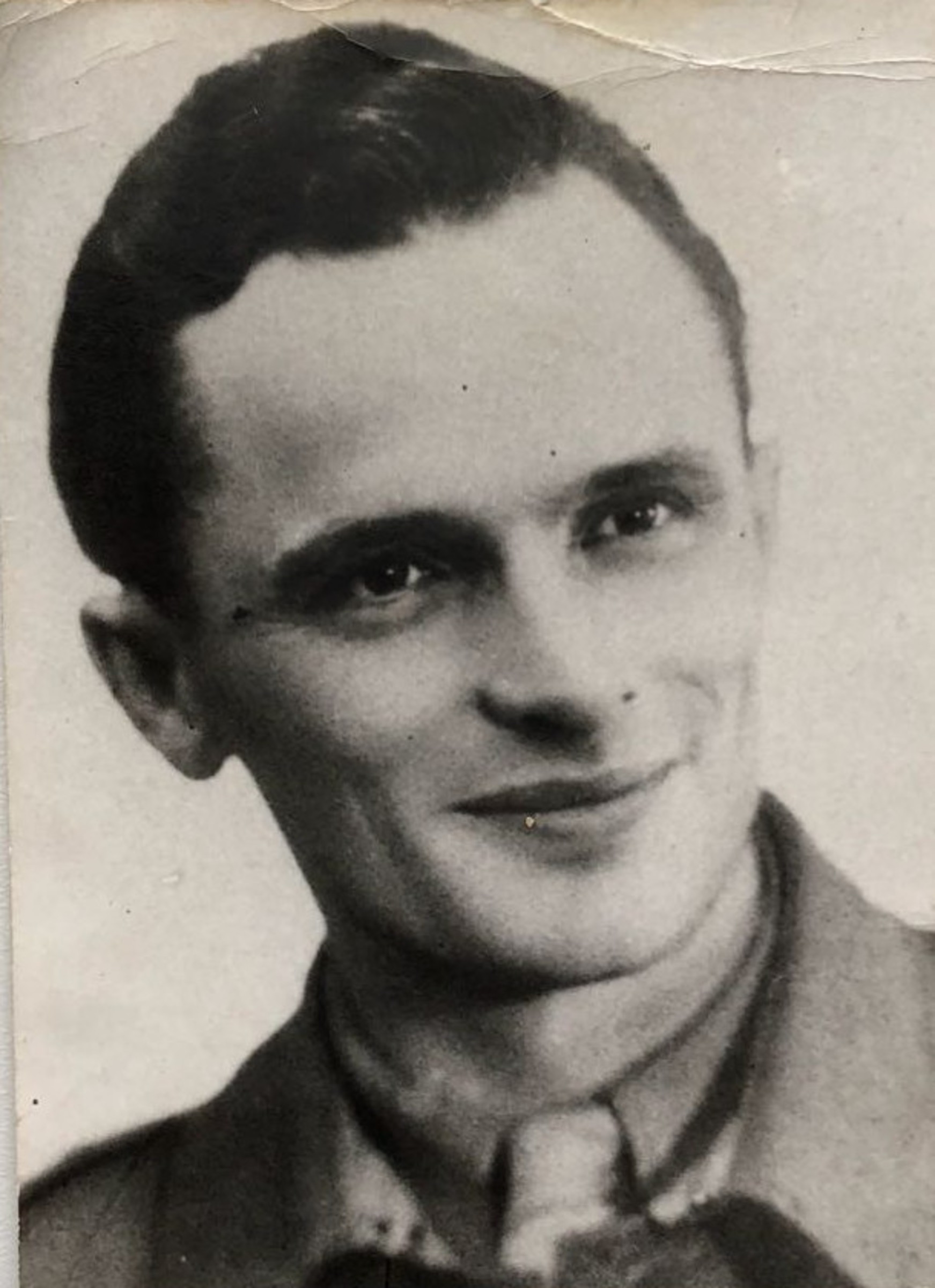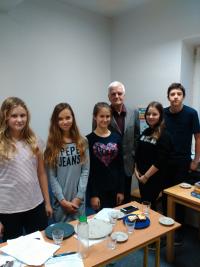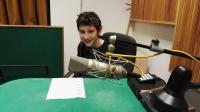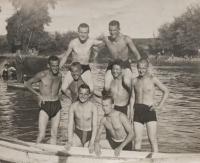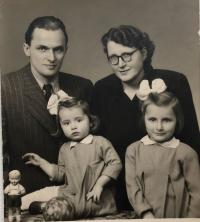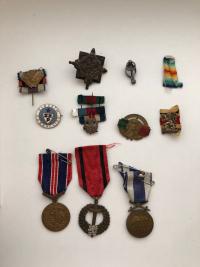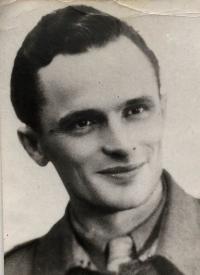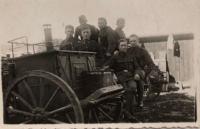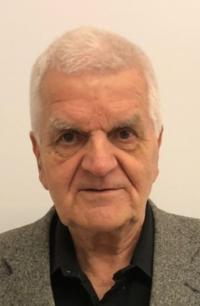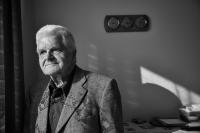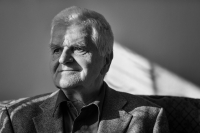One would give his life for another down the shaft. And life was actually at stake there.
Leo Cechel was born on 11 April, 1942 in Karviná-Ráj. Originally he wished to become a teacher, but he changed his plans after war. Due to the economic situation he began working in the Ostrava-Karviná mines, and continues for seventeen more years. At the beginning of 1980s he changed to the ministry in Prague, where he remained until retirement. During employment he managed several distant studies; he graduated middle industrial school of mining, faculty of law and philosophy. His wife was Naděžda, néé Jiroutová. His father-in-law, Jaroslav Jirout, left in 1939 abroad and joined the Foreign Legion. Therefore he took part in the fights of Tobruk or Dunkerk and was wounded several times. After 1948 he was persecuted and died in 1963 following an operation of a brain tumour.
